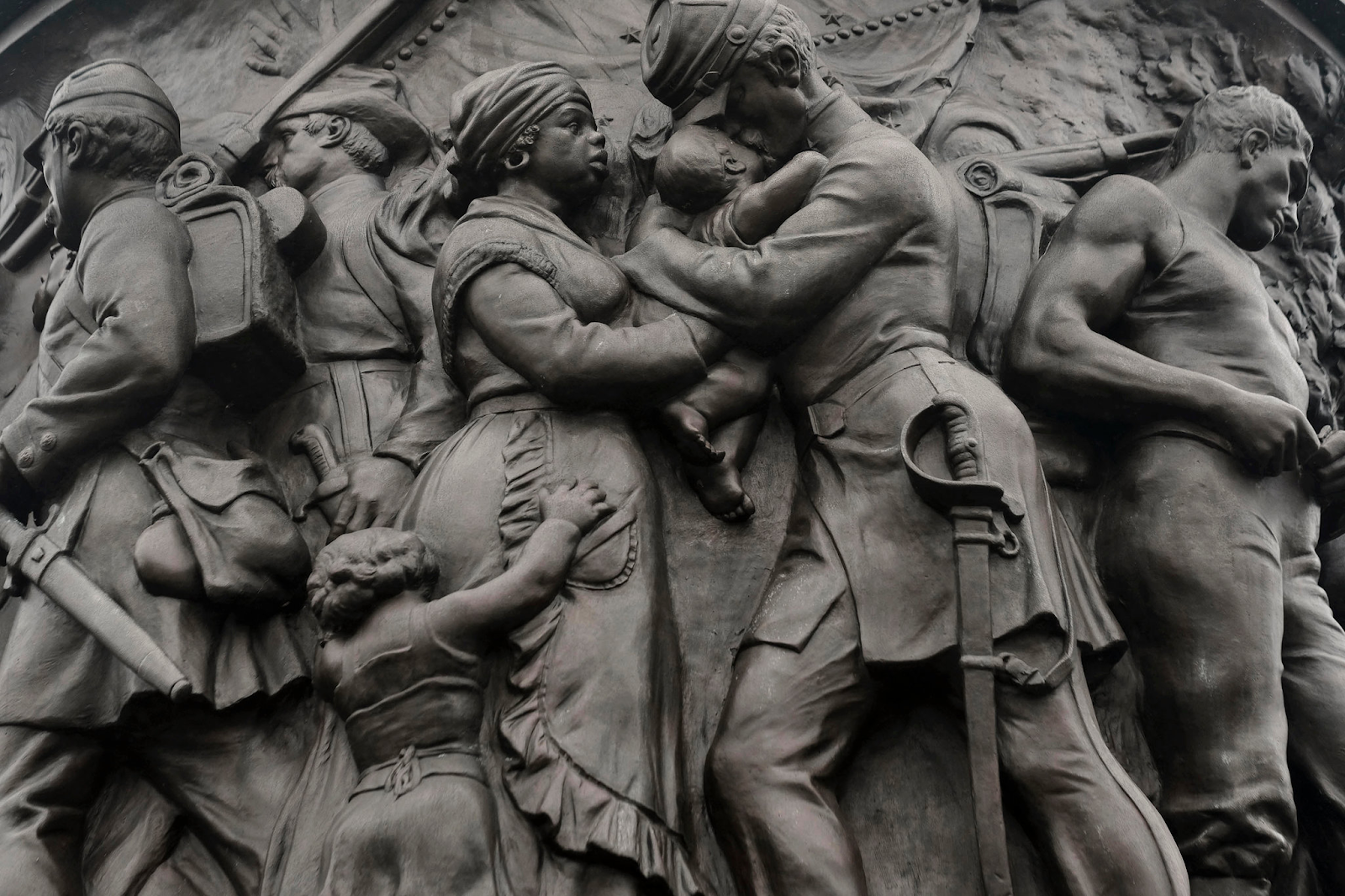I wish I had some sort of grand statement to welcome you to the opening of this blog, but as I am not a very grand person, this will have to do. Thank you for reading. This blog will serve as a dumping-ground for my thoughts and opinions on various things such as history, theology, science and perhaps media.
Ethnic origin is a nebulous thing. It becomes even more so when you take into account regional identities. I know of two such cases that illustrate how these labels become murky. One of my close friends is a child of two worlds- one half of his ancestry comes from Virginia Tidewater blue bloods. Now, you might think that being descended directly from the illustrious families such as the Lees, Jacksons, Jeffersons, and so forth, or at least being descended from those who were in the company of such noble men, might give one as good a claim as anyone to be considered a born-and-bred child of the South. What is the catch, you ask? On his other side, he is a first-generation immigrant (admittedly from a people who have a long history in this country).
Consider another example. Someone else I know is perhaps the quintessential picture of a New Englander. His interests include obsessive hockey fandom, his religious attitude can best be described as Neo-Puritan, and he has the distinct air of one of the rabidly independent Vermont hillmen. If he had lived in the time of H.P. Lovecraft, I suspect they would have been good friends. Based on this description, he seems to have little in common with myself or anyone born and raised in the Southern states. The moderate Southern nationalist would say a black Southerner has more in common with me than he does. The rabid one would say that several types of foreigners also have more in common with me than him. So why has he been brought up? On both sides of his family is the same Virginia blood as was described in the first case.
So what should be the criteria for Southernness? Going solely by blood seems profoundly stupid; the second man, whose family has not lived south of Chesapeake Bay for over a century, would count as a Southerner, but the first, who grew up in the cradle of the Upland South and still regularly maintains contact with his Virginian family, would not! But if only geographical location of one's birth is considered, then children of the loathsome Northern transplants who make no secret of their hatred for the Southern states and are open about moving just because the land is cheaper would be considered just as Southern as someone who can trace his ancestry back to Jamestown. What about someone who participates in the culture of the South and learns its history? It sounds like a good idea in theory, but how would a subjective like that be measured? Should we line up every citizen of the Southern states and make them take a test? No, because that would be profoundly ridiculous (and is likely to exclude far too many people).
There is no simple answer to the ethnic question: who belongs and who does not. I am not even sure myself whether Southerner is an ethnicity or a state of being. It is true that the culture of this part of America differs from the rest of it. It is also true that there are families that have been here for centuries and generations. Some can trace their ancestry all the way back to the James River colonies or to the first ships to Georgia. Others have been here so long that they don't have any idea where their ancestors came from. The Greeks had a word for this: autochthon, or "earth-people"- it reflected the ancestry of those people in their homeland, so many generations back that it seemed they had sprung from the dirt itself. Of course, we know that there is really no such location on Earth that one can be autochthonous from, unless you want to count the Garden of Eden. But I digress.
The autochthones- the very first English, Scottish, and Welsh settlers- made the South their own, and sowed the seeds of all the culture and history we see today. But they were not the only residents of this region. Over time, German Moravians would settle in North Carolina and Texas, and Mennonites in Kentucky. Acadians fleeing Canada would find a new home in Louisiana. Irish would crowd the docks of Savannah, New Orleans, Mobile, and many other cities looking for opportunity in their new country. And of course, thousands of black Africans would be imported to work the fields. In modern times, still more move from all over the world.
E.B. White once said "To foreigners, a Yankee is an American. To Americans, a Yankee is a Northerner. To Northerners, a Yankee is an Easterner. To Easterners, a Yankee is a New Englander. To New Englanders, a Yankee is a Vermonter. And in Vermont, a Yankee is somebody who eats pie for breakfast." I suppose the same principle can be applied to the Southron, the Yankee's old enemy. The autochthon is the founder of the South, but he is just one of many that make it what it is.
What can you do to be a good Southerner? Respect tradition and history, love God and your neighbor, and carry yourself with dignity and pride. Do not hate those who came before you, but learn from their example. Some may not consider you a Southerner, and they may never do so. But what being a Southerner really means is up to you as much as it is to them. Conduct yourself as someone who is worthy of respect, and it will be given to you.
